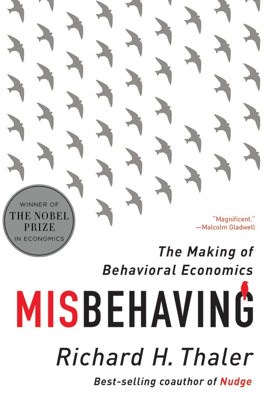Supposedly Irrelevant Factors
Introduction to Behavioral Economics
Early in his teaching career, the author faced student dissatisfaction with his exam grading methods. He discovered that adjusting the point scale from 100 to 137 made students feel better about their scores, even though it did not change their actual grades. This experience led him to consider how often human behavior deviates from the rational model assumed in most economic theories.
The Flawed Assumptions of Economic Models
Economic models traditionally assume that individuals act as homo economicus (Econs) - rational beings who optimize their decisions based on unbiased beliefs. However, these models often fail to account for the true nature of human decision-making characterized by biases, irrational behaviors, and supposedly irrelevant factors (SIFs) that significantly influence decisions. These flawed assumptions have led to economic predictions that do not align with real-world behaviors, evidenced by economists' failure to predict financial crises.
The Emergence of Behavioral Economics
Behavioral economics integrates psychology and other social sciences to present a more accurate depiction of human behavior in economic models. This field acknowledges the influence of biases and irrational behaviors, suggesting that traditional economic theories are only a starting point for understanding complex human actions. Behavioral economics has grown to challenge and enrich conventional economic theories by accounting for real, observable human behaviors.
Real-world Applications and Impact
The integration of behavioral economics into policy-making and business practices is expanding. For instance, the UK government's Behavioural Insights Team uses principles of behavioral economics to design more effective public policies. Likewise, businesses are recognizing the importance of understanding human behavior for better management and customer relations.
Moving Forward with an Enriched Economic Approach
The development of behavioral economics signifies a shift towards models that better reflect real human behavior. Trials involving randomized control and natural experiments are proving especially fruitful in providing insights that challenge traditional optimization-based models. As behavioral economics continues to evolve, it seeks not only to amend economic theories but also to make them more relevant and practical for addressing the actual challenges faced by individuals and societies.
Conclusion
Behavioral economics does not aim to replace traditional economics but to enhance it by incorporating a more nuanced understanding of human behavior. The field has not only made economics more relevant but also more engaging by addressing the "irrational" elements of human nature traditionally overlooked by economists. The future of economics lies in its ability to adapt and encompass the complexities of human behavior in its theories and applications.
